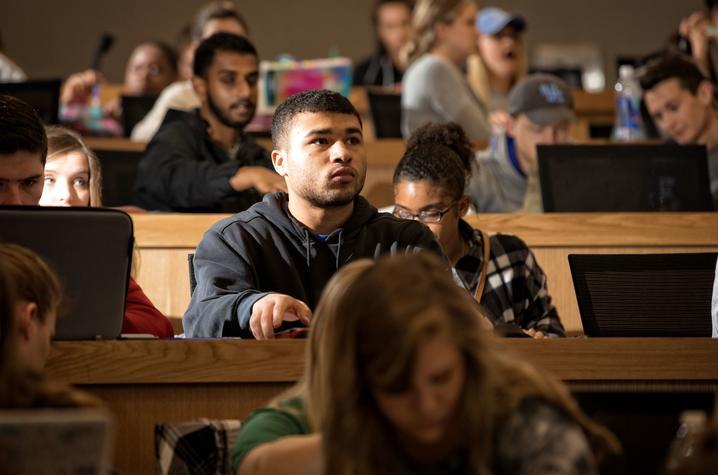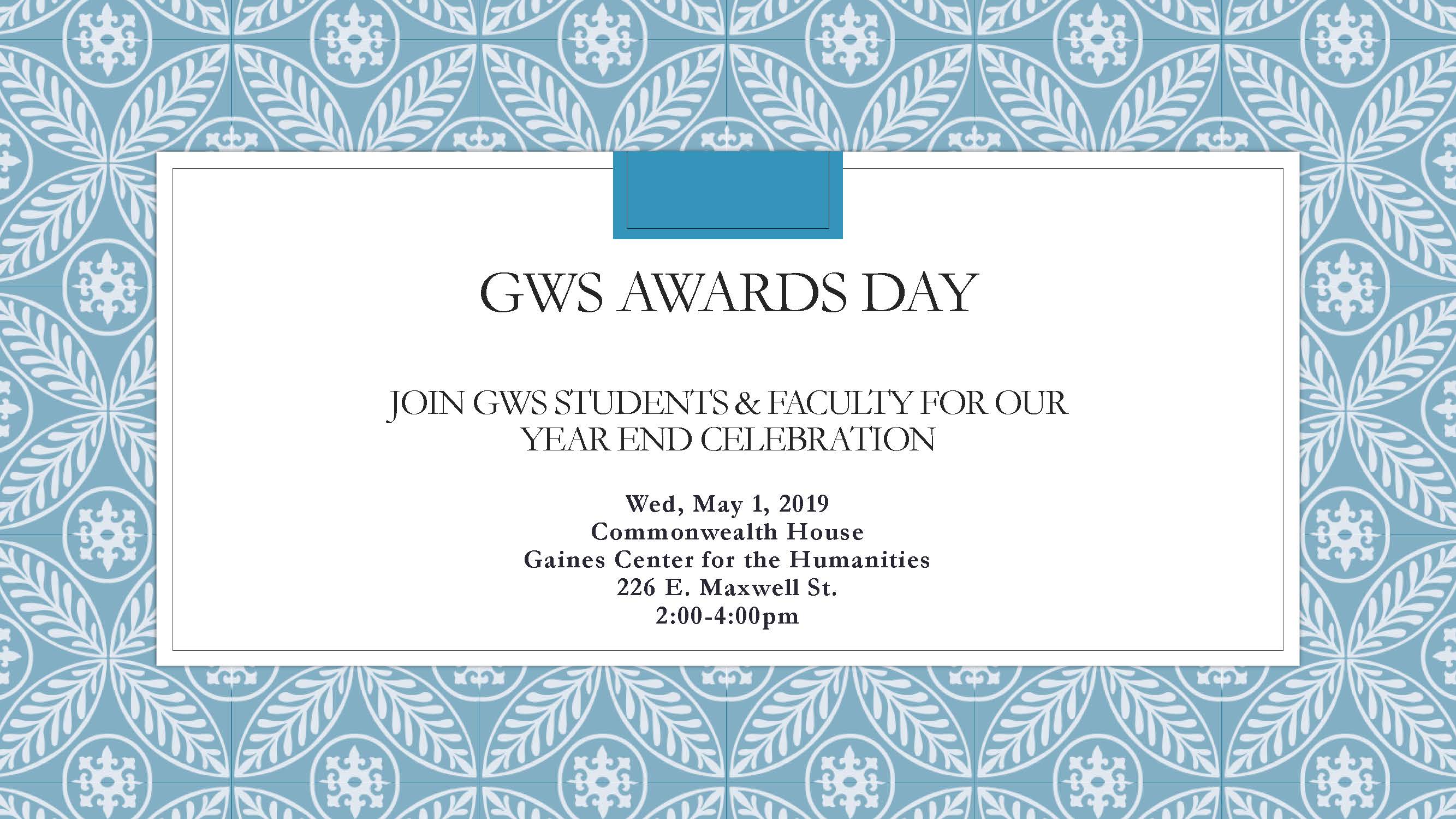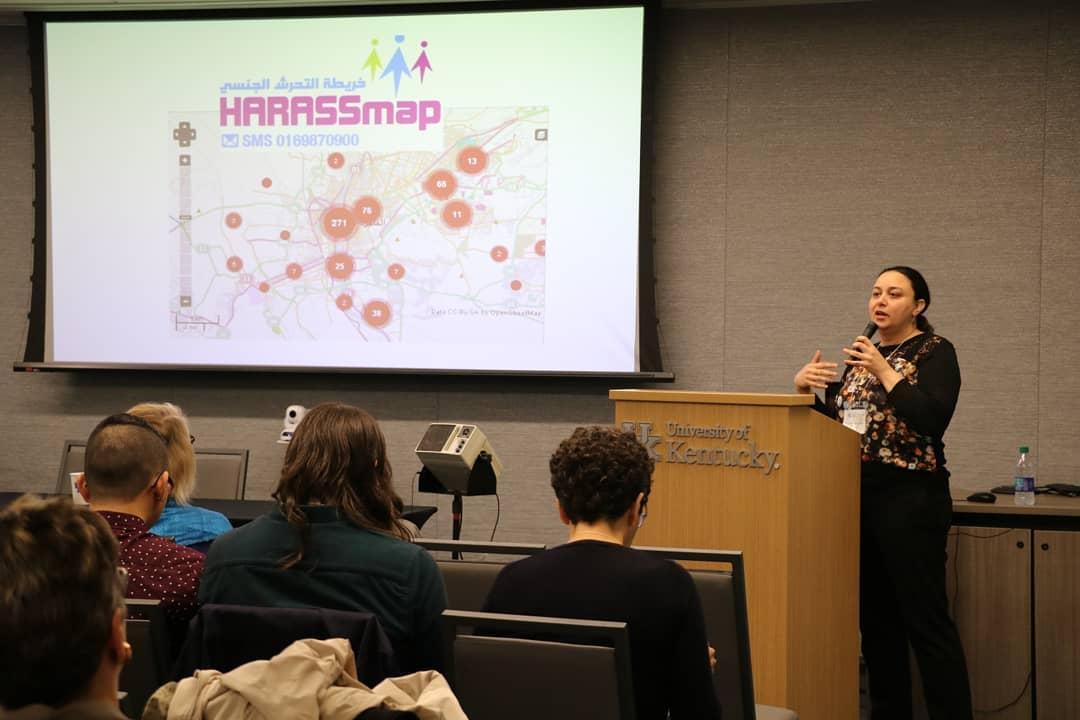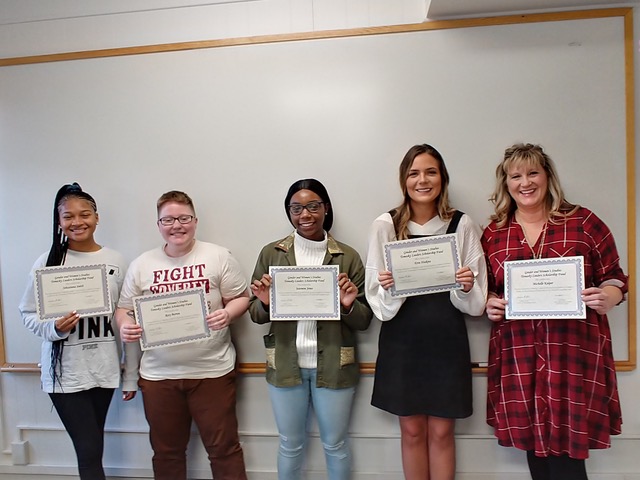GWS Summer Courses
GWS is offering two sections of GWS 201: Gender and Popular Culture in the second summer session (June 20-Aug 1).
GWS 201 examines the role of popular culture in the construction of gendered identities in contemporary society. We will examine a wide range of pop culture forms [including movies, music, video games, and tv] to illustrate how femininity and masculinity are produced, represented, and consumed.





